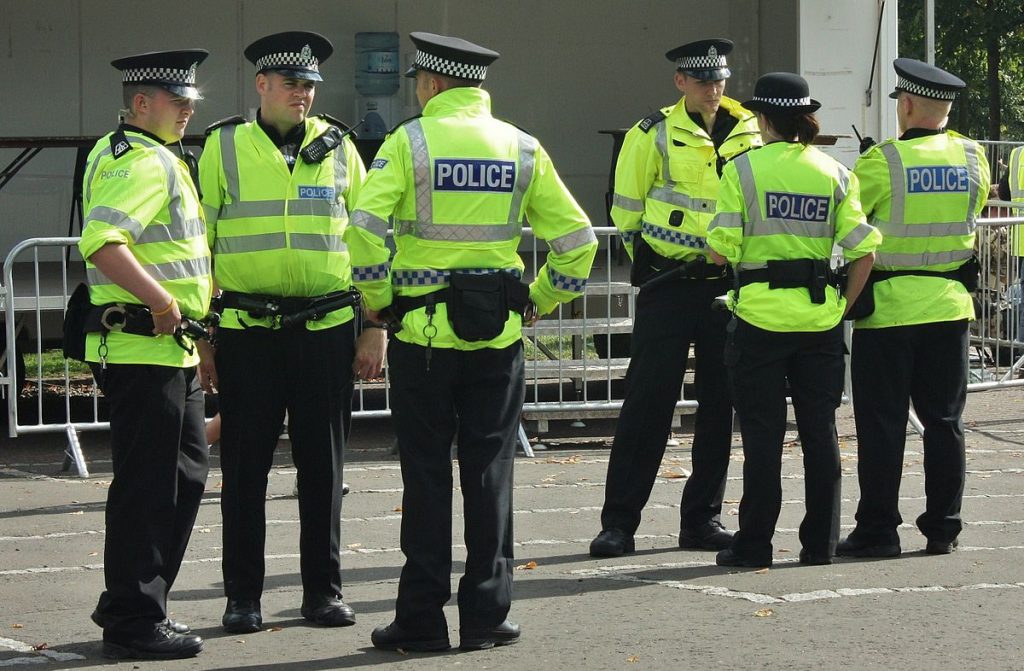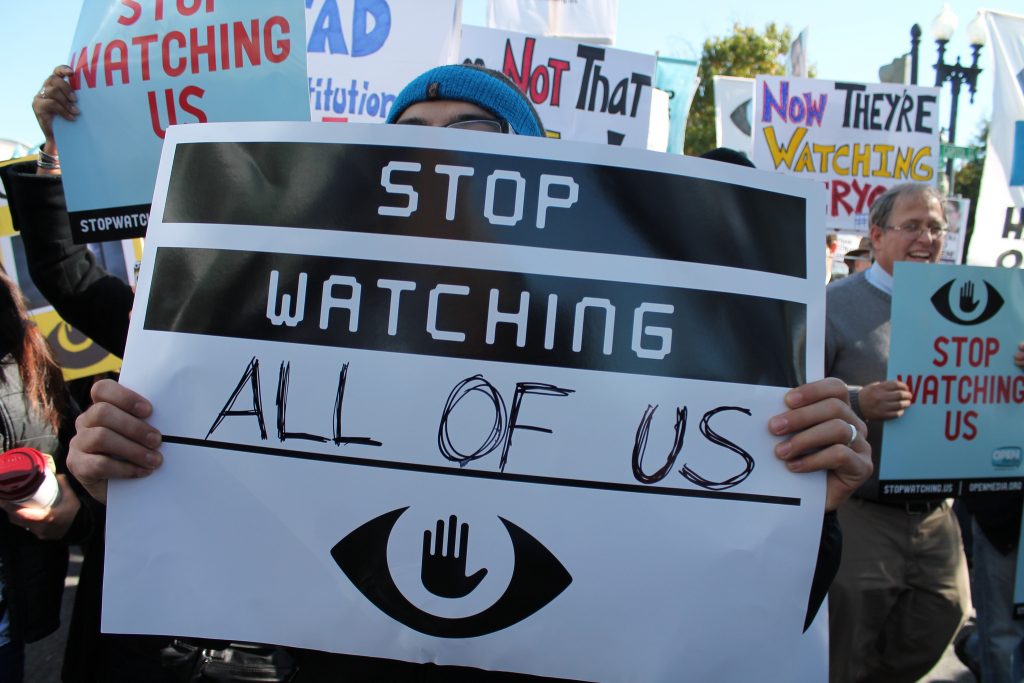A new super-database being developed for the police could severely harm our right to privacy, according to civil liberties campaigners.
The advocacy group Liberty, known as ‘the watchdog for people’s rights’, believes the super-database poses a ‘grave‘ threat to privacy. Liberty has withdrawn from the Home Office’s public consultation in protest.
Government is creating a new super-database for police – and admits large amounts of data will have nothing to do with crime.
Liberty's name won't be used to legitimise this violation of privacy, and we will no longer take part in the consultation process. https://t.co/mWp3QMBHQE— Liberty (@libertyhq) October 1, 2018
What is the Super-Database?
 Image: Wikimedia Commons
Image: Wikimedia Commons
The law enforcement data service (LEDS) will combine the police national computer and the police national database with additional databases to create a ‘super-database.’
The police national computer holds criminal convictions and, according to the College of Policing, ‘provides real-time checks on people, vehicles, crimes and property.’ It also links to the European-wide Schengen Information System.
The police national database shares ‘local information and intelligence on a national basis’ with all police forces and wider criminal justice agencies in the UK.
A government document has highlighted that much of the information in the proposed super-database will not relate to criminal activity.
“The volume of records involved is substantial; there are around 55.4 million driver records and 54.8 million vehicle records whilst there are approximately 10.7 million criminal records, thus non-criminal records form a substantial part of the PNC [police national computer].”
The database could become available to other bodies and departments, including the Border Force and HM Revenue and Customs.
‘A Grave Threat to Our Privacy’
 Image: Elvert Barnes/flickr.com
Image: Elvert Barnes/flickr.com
Civil liberty campaigners are concerned for a number of reasons.
They feel that the new super-database could introduce a mass state surveillance tool without the knowledge or consent of citizens.
Campaigners also believe that the collection and storage of citizens data is intrusive – as well as posing a very real threat to privacy.
Liberty’s Hannah Couchman explained to the Guardian: “Having enormous amounts of our personal information held on this super-database represents a grave threat to our privacy. While the collection of a few pieces of personal data can seem innocuous, combining it with other information can create an intrusive personal profile.
“In the UK, we have a long-held principle of policing by consent. We must be able to trust the police to protect our privacy and our fundamental rights and the Home Office must take seriously the threats this super-database raises.”
There are also significant concerns about what would happen if the super-database were to be breached.
Article 8 of the Human Rights Convention protects our right to privacy. However, this right is not absolute and must be balanced against other rights, such as freedom of expression, and requirements like security and investigating crime.
So many issues here. This is victim profiling as well as perpetrator. https://t.co/EJTVm7FwXB
— Prof Lauren Devine #FBPE (@DrLaurenDevine) October 1, 2018
Campaigners also expressed concerns that the super-database could reinforce the kinds of biases and prejudices which lead to discriminatory policing – with Liberty describing the growing use of algorithms and data driven surveillance as ‘sinister’.
The Metropolitan Police’s gangs matrix database has been widely criticised, with Amnesty International describing it as ‘racially discriminatory’ and something which ‘violates human rights.’ Campaigners also argue that the police’s growing use of facial recognition technology at public events impacts the right to freedom of expression and privacy.







